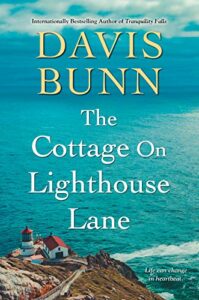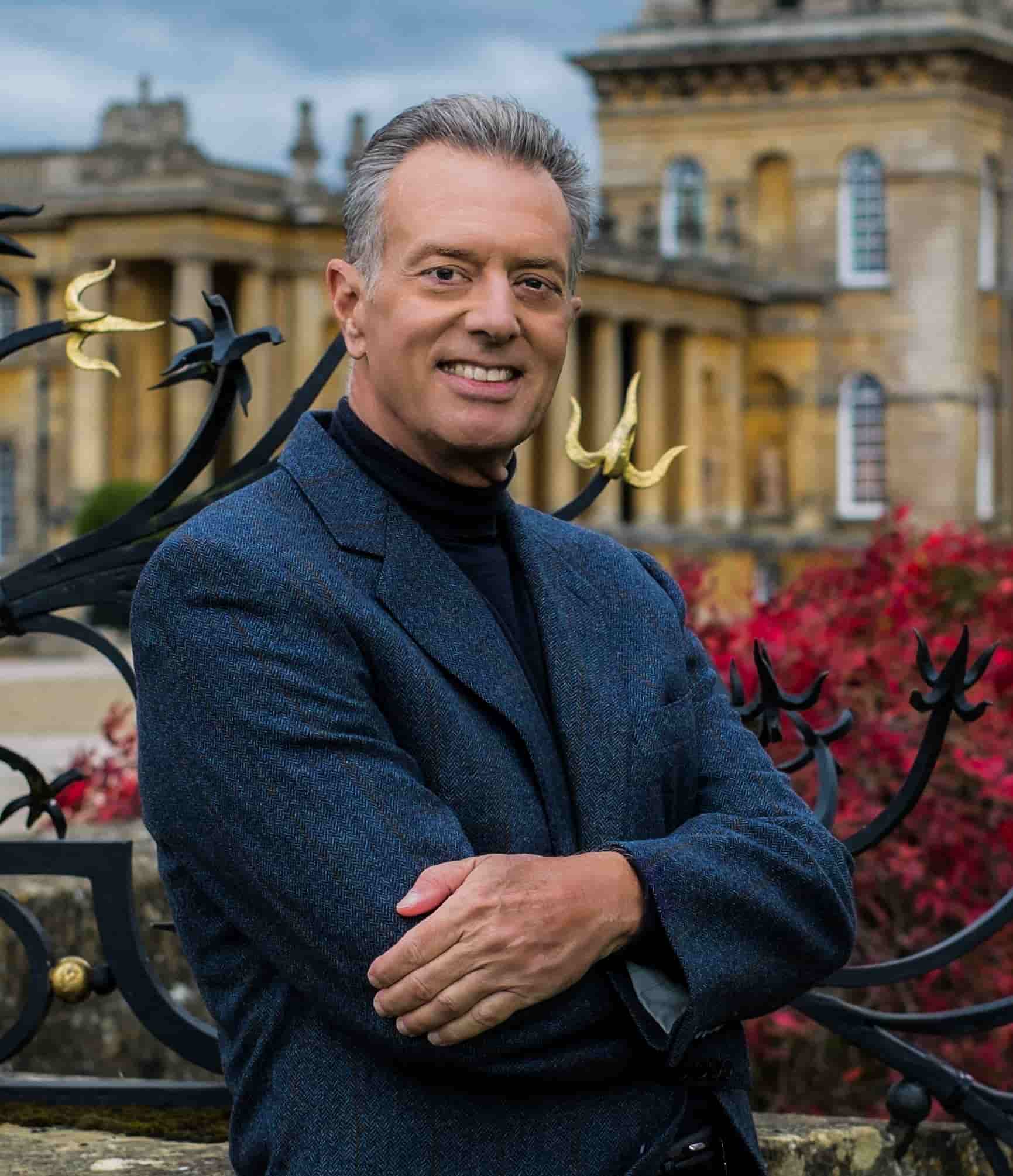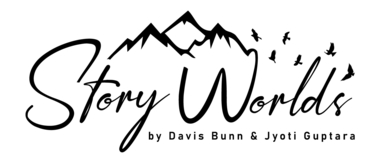I write this seated on my mother-in-law’s balcony, surrounded on all sides by elements of the Ukraine crisis. That country and its people has shaped so much of my wife’s heritage, and enriched my own life in countless ways. Isabella’s father was born near Lviv. Her stepmother was raised in western Ukraine. They were both Polish. This fact, generations of Poles born in what is now western Ukraine, illuminates why more than two-thirds of the three million refugees fleeing Ukraine had headed for what many still consider their sister country.
Tonight’s conversation has touched only briefly on Ukraine, like fingers hovering over a super-hot stove. Instead, most of our talk has been about Poland’s response to the crisis. One major topic has been the regional fire brigades. Poland’s government assigned all fire stations – right down to volunteer brigades in the smallest villages – to serve as front-line forces in handling the flood of refugees. They in turn have become the focal point for what is now an international outpouring of support. Three of my wife’s cousins are doctors, who in turn have volunteered through the fire departments. The next generation have, like so many others, organized regional teams dealing with the huge influx of donated funds, clothing, blankets, toys, medicines… A tidal wave of support is arriving, and these offshoots of Poland’s fire brigades handle the distribution. The stories they share are as beautiful as they are tragic.
Between the first and second World Wars, Poland was briefly restored to its historical boundaries – part of the redrawing of Europe that took place in Versailles. What is now western Ukraine was then one of Poland’s largest provinces. My wife’s grandfather served as High Commissioner until the Nazi invasion. Following that, he fought with the Polish Freedom Forces, rising to become second in command under General Patton. Having over so much of the country governed by Poland was far from a perfect situation. But this status did result in one major aspect of Ukraine’s culture and nationhood; being tied to Poland resulted in Ukraine’s desire to remain firmly bound to Western Europe.
At the war’s end, that entire province was swallowed into the Soviet satellite nation of Ukraine. Most of the Poles who survived the Nazis were shipped to the Siberian gulags. Very few survived.
Stalin’s intent then was very similar to what Putin intends now. Eradicate any vestige of Western influence. Smash any hope of Ukrainian independence. Make the country a permanent vassal state, dominated by a pliant leader who answers to Moscow, not its own people. What we witness now is a tragic replay of one of the twentieth century’s darkest hours. All to serve the ambitions of just another Soviet-style leader.
And so here I sit, surrounded by people I love, and who have granted me the honor of being considered one of them. Member of a family who has survived.
It was this heritage, a small element of their incredible history, that gave rise to my recent novel, The Cottage on Lighthouse Lane.
My heart, our hopes and prayers, go out to all of Ukraine.
Davis Bunn, April 2022


